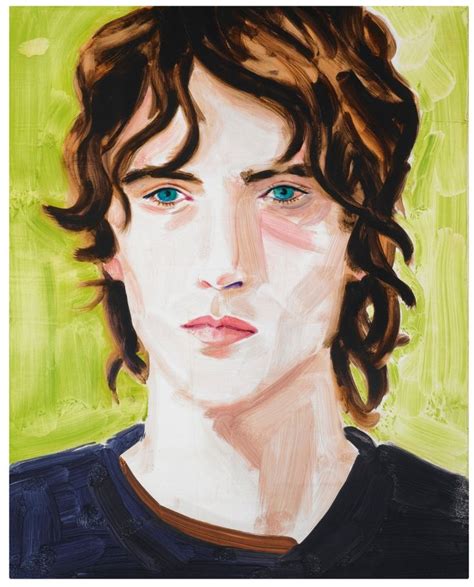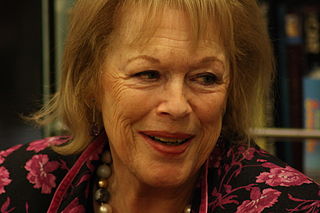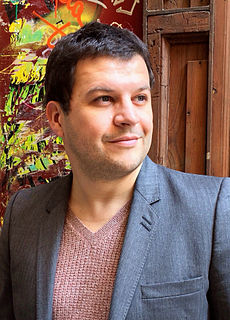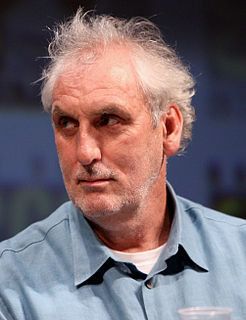A Quote by Amanda Foreman
As her life became more unhappy, acting attracted Marie-Antoinette because it fulfilled unmet emotional needs. By all accounts, she was quite good in her little private theatricals. But her desire to be a heroine, both literally and figuratively, was shocking to the French.
Related Quotes
She glanced across to where Tilly and her brand new husband were posing for photographs, Tilly fluttering a fan coquettishly in front of her face. 'Unfortunately I didn't realise there was a French Revolutionary theme.' 'The Marie-Antoinette thing?' said Dexter. 'Well at least we know there'll be cake.
Marie Antoinette: The Portrait of an Average Woman was one of those books I read in my mid-twenties that was life-changing. I think I had a very black-and-white view of Marie Antoinette before, but in reading that book, I developed a lot of empathy for her. She was just caught up in history. There was no place for a woman to do anything at that time anyway.
In one way, it is this sense of order and also love that, I think, really saved Eleanor Roosevelt's life. And in her own writing, she's very warm about her grandmother, even though, if you look at contemporary accounts, they're accounts of horror at the Dickensian scene that Tivoli represents: bleak and drear and dark and unhappy. But Eleanor Roosevelt in her own writings is not very unhappy about Tivoli.
In domestic life the woman's value is inherent, unquantifiable; at home she exchanges proven values for mythological ones. She "wants" to be at home, and because she is a woman she's allowed to want it. This desire is her mystique, it is both what enables her to domesticate herself and what disempowers her.
In domestic life, the woman's value is inherent, unquantifiable; at home she exchanges proven values for mythological ones. She 'wants' to be at home, and because she is a woman, she's allowed to want it. This desire is her mystique, it is both what enables her to domesticate herself and what disempowers her.
Selfishly, perhaps, Catti-brie had determined that the assassin was her own business. He had unnerved her, had stripped away years of training and discipline and reduced her to the quivering semblance of a frightened child. But she was a young woman now, no more a girl. She had to personally respond to that emotional humiliation, or the scars from it would haunt her to her grave, forever paralyzing her along her path to discover her true potential in life.
In her heart she is a mourner for those who have not survived. In her soul she is a warrior for those who are now as she was then. In her life she is both celebrant and proof of women's capacity and will to survive, to become, to act, to change self and society. And each year she is stronger and there are more of her.
She had been sharing a house with him for a week, and he had not once flirted with her. He had worked with her, asked her opinion, slapped her on the knuckles figuratively speaking when she was on the wrong track, and acknowledged that she was right when she corrected him. Dammit, he had treated her like a human being.
When a woman is frozen of feeling, when she can no longer feel herself, when her blood, her passion, no longer reach the extremities of her psyche, when she is desperate; then a fantasy life is far more pleasurable than anything else she can set her sights upon. Her little match lights, because they have no wood to burn, instead burn up the psyche as though it were a big dry log. The psyche begins to play tricks on itself; it lives now in the fantasy fire of all yearning fulfilled. This kind of fantasizing is like a lie: If you tell it often enough, you begin to believe it.
She stared at herself in the mirror. Her eyes were dark, almost black, filled with pain. She'd let someone do that to her. She'd known all along she felt things too deeply. She became attached. She didn't want a lover who could walk away from her, because she could never do that - love someone completely and survive intact if her left her.







































